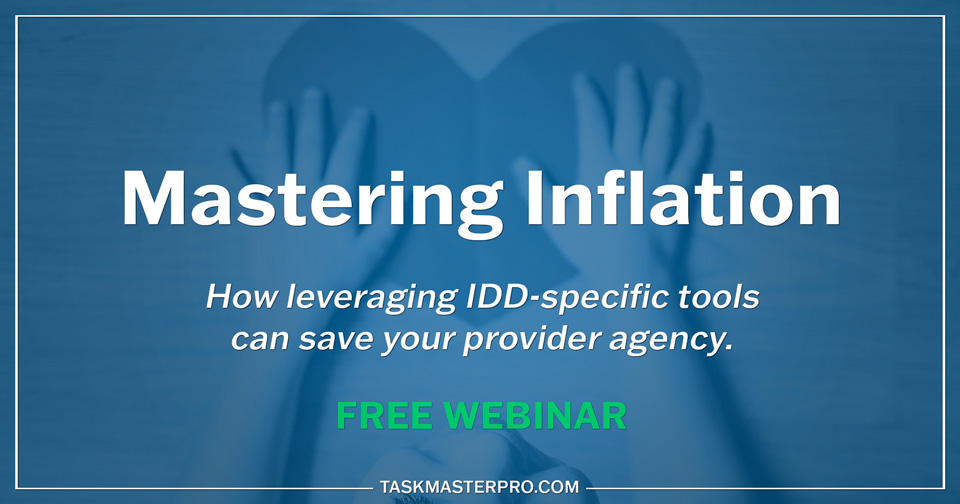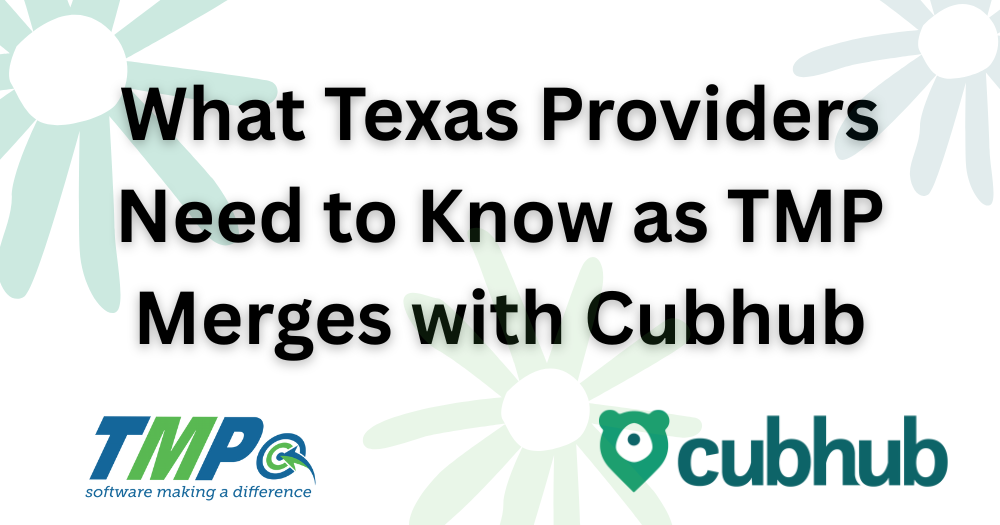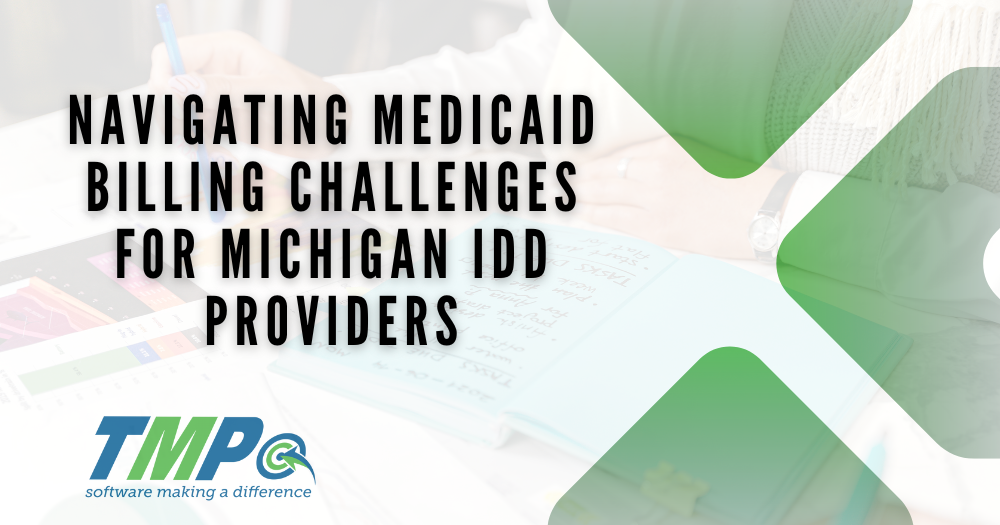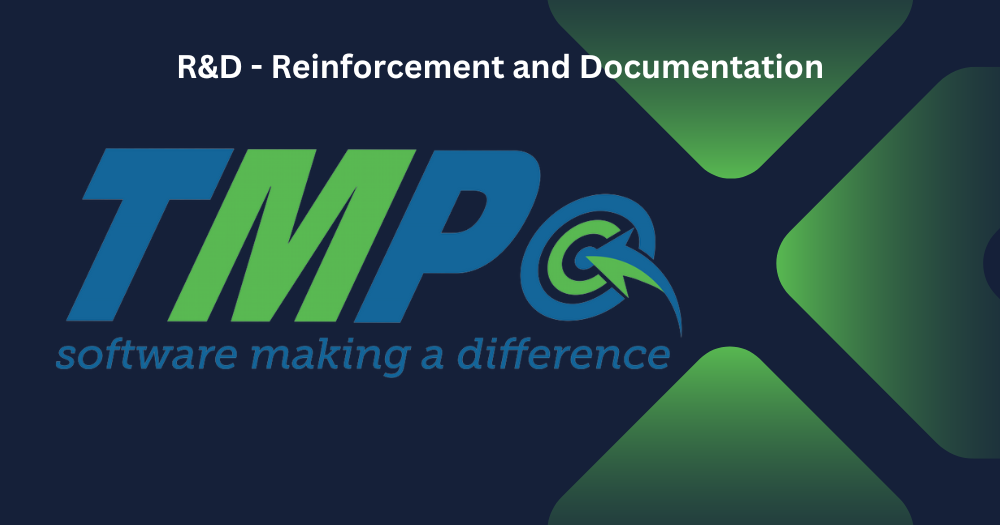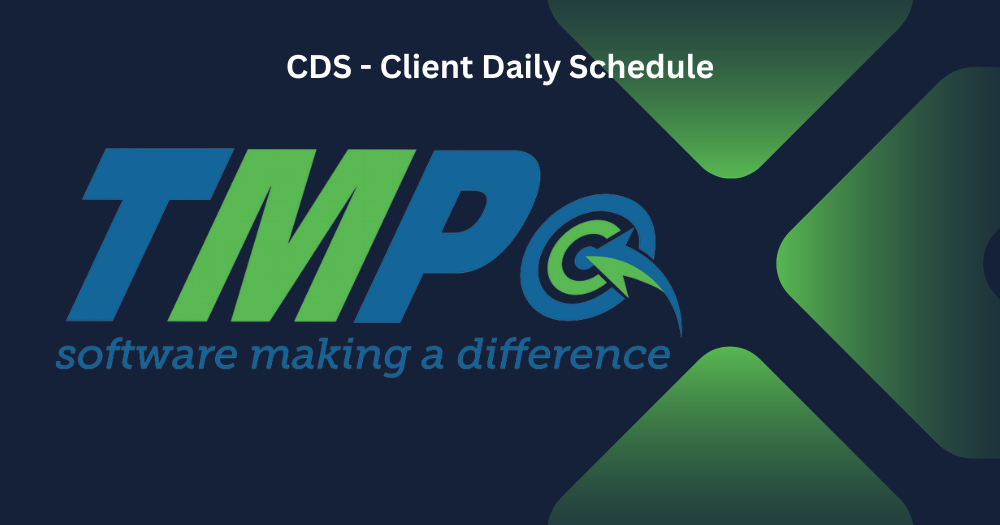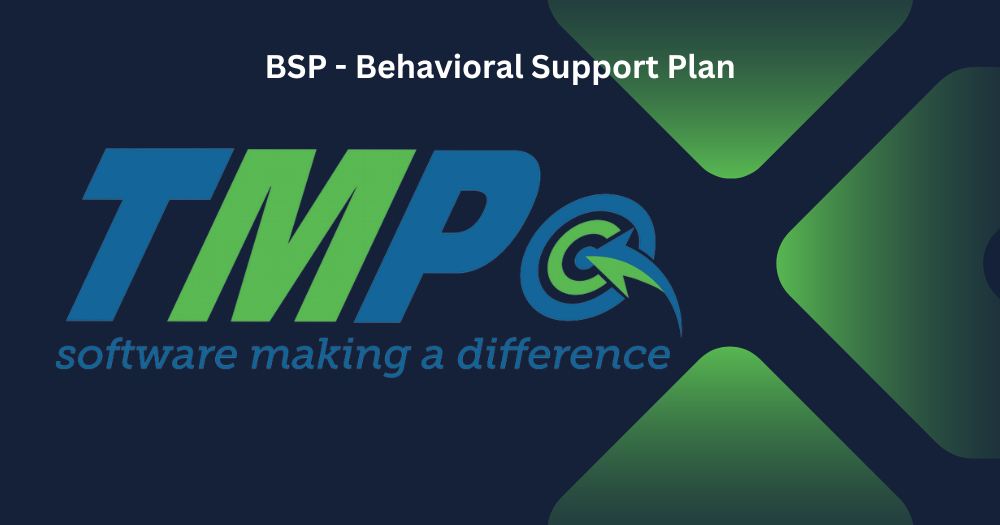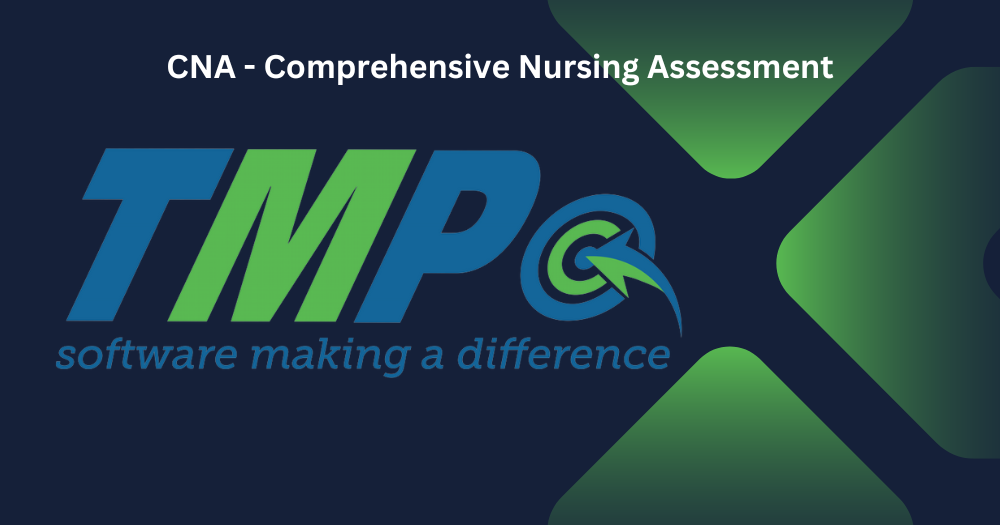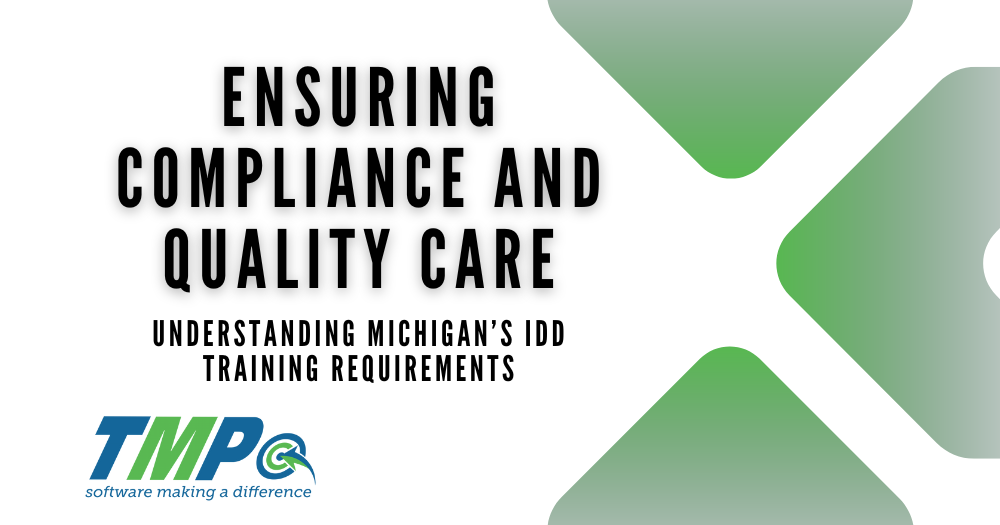Electronic Visit Verification (EVV) is a technology-based system used to verify that personal care or home health services were provided as authorized. It captures details such as the type of service, individual receiving the service, date and location of service delivery, and the service provider. In Texas, EVV compliance is mandated for certain Medicaid services to ensure accountability and prevent fraud.
Federal Mandate: The 21st Century Cures Act
The 21st Century Cures Act, enacted in 2016, requires all states to implement EVV for Medicaid-funded personal care services (PCS) and home health care services (HHCS). Specifically, EVV became mandatory for PCS on January 1, 2021, and for HHCS on January 1, 2024. States that fail to implement EVV face reductions in federal Medicaid funding.
Texas Implementation of EVV
In response to the federal mandate, the Texas Health and Human Services Commission (HHSC) established guidelines for EVV implementation:
- Personal Care Services (PCS): EVV has been required since January 1, 2021.
- Home Health Care Services (HHCS): EVV became mandatory on January 1, 2024.
Compliance Reviews and Grace Periods
To facilitate a smooth transition, HHSC provided grace periods during which compliance reviews were lenient:
- PCS Compliance Grace Period: Initially set to end on May 31, 2024, this period was extended to December 31, 2024. During this time, providers were expected to adopt EVV practices without facing penalties for non-compliance.
- HHCS Compliance Grace Period: For HHCS, a compliance grace period was in effect for visits between January 1, 2024, and December 31, 2024. Providers were encouraged to monitor compliance reports and fully implement EVV during this timeframe.
As of January 1, 2025, these grace periods have concluded, and full compliance is now enforced.
Consequences of Non-Compliance
HHSC and Managed Care Organizations (MCOs) conduct EVV compliance reviews to ensure adherence to EVV requirements. Failure to comply can result in enforcement actions, including potential recoupment of funds. Specifically, providers must maintain a minimum EVV Usage Score of 80% per state fiscal quarter. Falling below this threshold may trigger corrective actions or penalties.
Steps for Providers to Ensure Compliance
To remain compliant with Texas EVV requirements, providers should:
- Complete Mandatory Training: HHSC mandates that all EVV system users, including billing staff, complete specific EVV policy training. This training is available through HHSC webinars or courses on the HHS Learning Portal.
- Utilize Approved EVV Systems: Providers must use HHSC-approved EVV systems to document service visits accurately.
- Monitor Compliance Reports: Regularly reviewing EVV compliance reports helps identify and address potential issues promptly.
- Maintain Accurate Records: Ensure all visit data is correctly captured and stored, as discrepancies can lead to compliance issues.
- Stay Updated: Regularly consult HHSC communications and updates to remain informed about any changes in EVV policies or procedures.
By diligently following these guidelines, Texas care providers can ensure compliance with EVV requirements, thereby contributing to the integrity and efficiency of Medicaid services in the state.
Works Cited
“Electronic Visit Verification (EVV).” Texas Health and Human Services Commission, https://www.hhs.texas.gov/providers/long-term-care-providers/long-term-care-provider-resources/electronic-visit-verification-evv. Accessed 20 Mar. 2025.
“EVV Compliance Grace Period Overview for Cures Act Personal Care Services and Home Health Care Services.” Texas Health and Human Services Commission, 31 Aug. 2023, https://www.hhs.texas.gov/provider-news/2023/08/31/evv-compliance-grace-period-overview-cures-act-personal-care-services-home-health-care-services. Accessed 20 Mar. 2025.
“EVV Compliance Grace Period Extended.” Superior Health Plan, 21 May 2024, https://www.superiorhealthplan.com/newsroom/evv-compliance-grace-period-extended-05212024.html. Accessed 20 Mar. 2025.
“EVV Compliance Job Aid for Program Providers and FMSAs.” Texas Health and Human Services Commission, https://www.hhs.texas.gov/sites/default/files/documents/evv-compliance-job-aid-program-providers-fmsas.pdf. Accessed 20 Mar. 2025.
“EVV Required Training Checklist.” Texas Health and Human Services Commission, https://www.hhs.texas.gov/sites/default/files/documents/doing-business-with-hhs/providers/long-term-care/evv/evv-required-training-checklist.pdf. Accessed 20 Mar. 2025.

